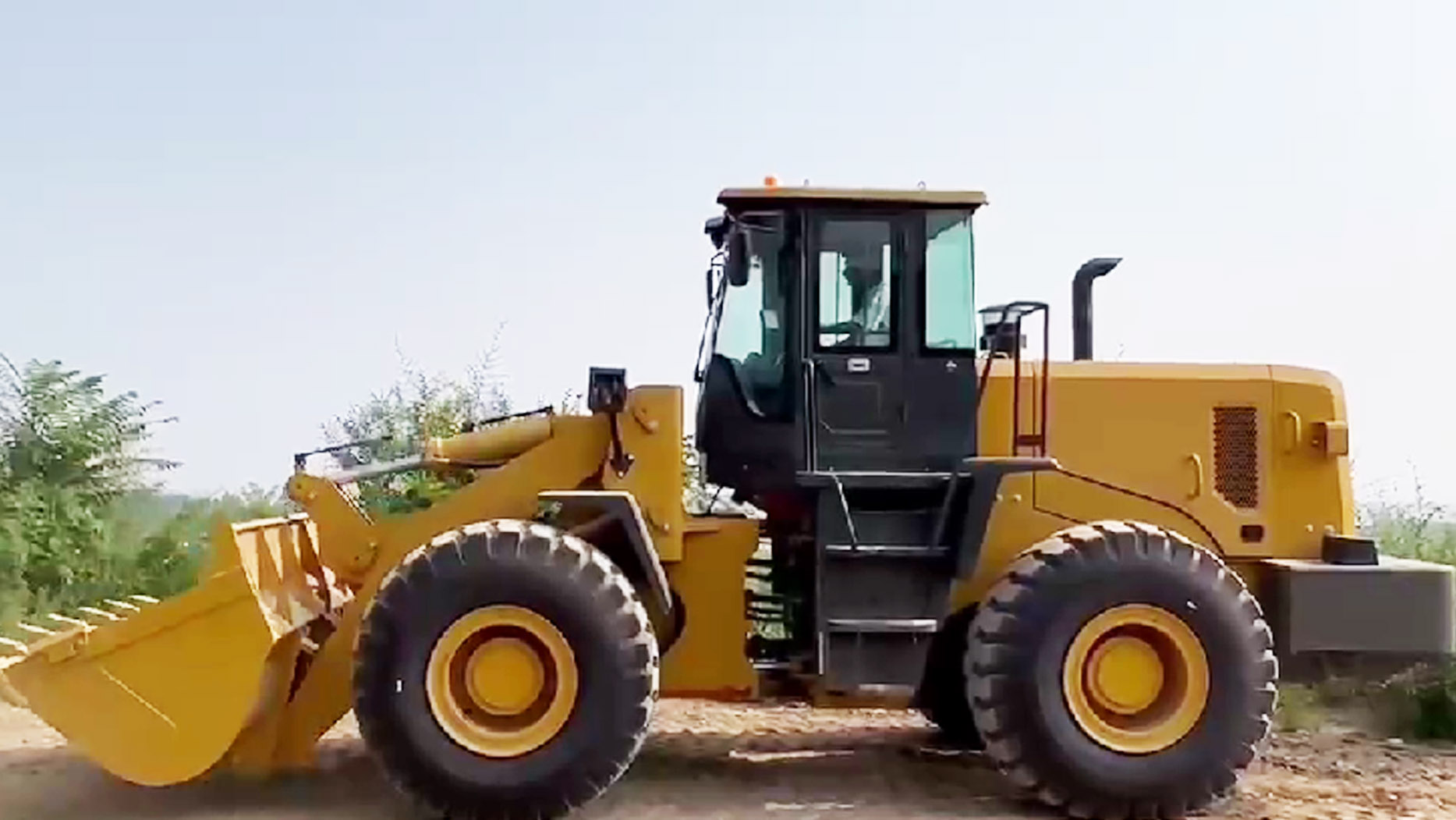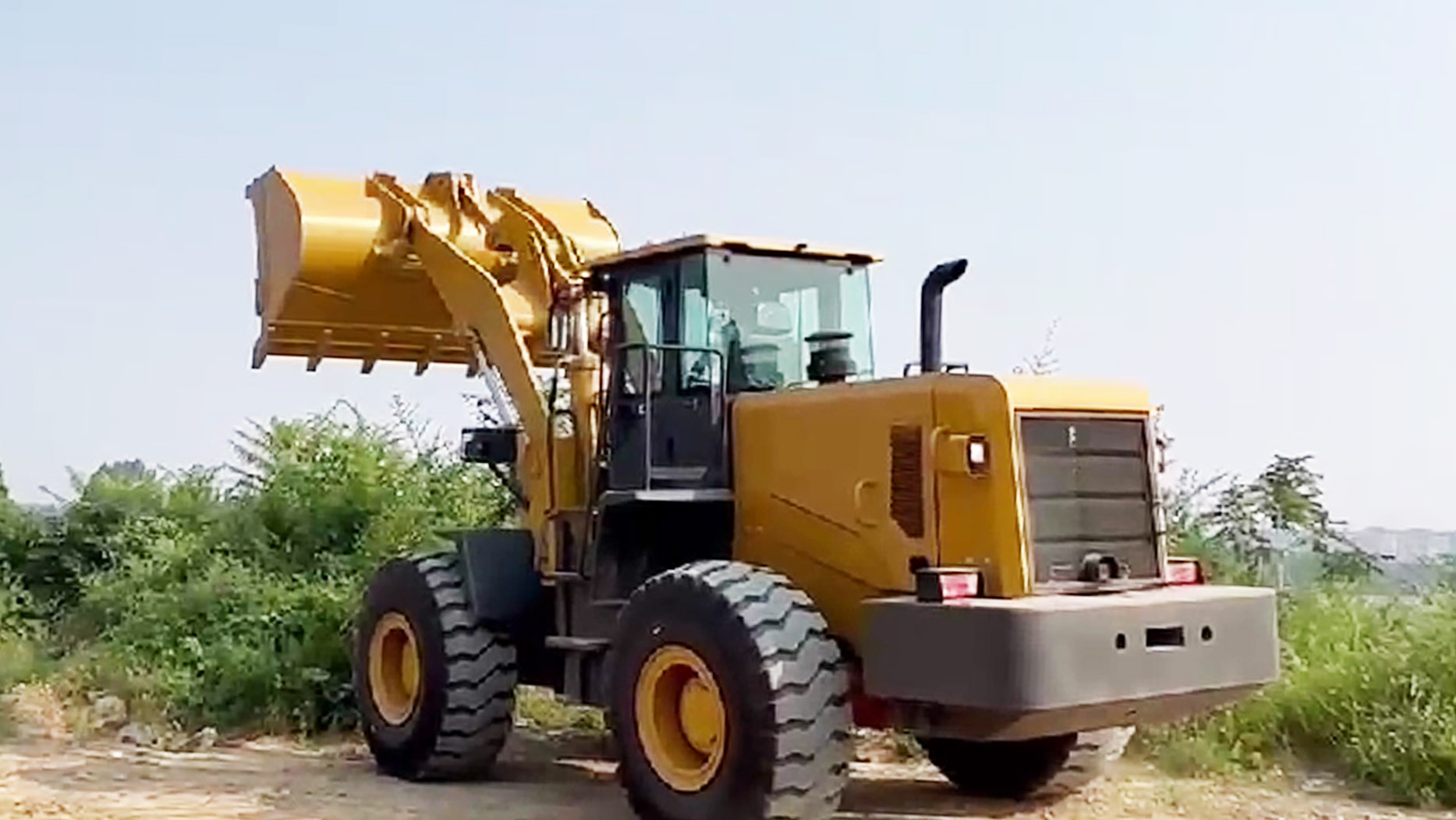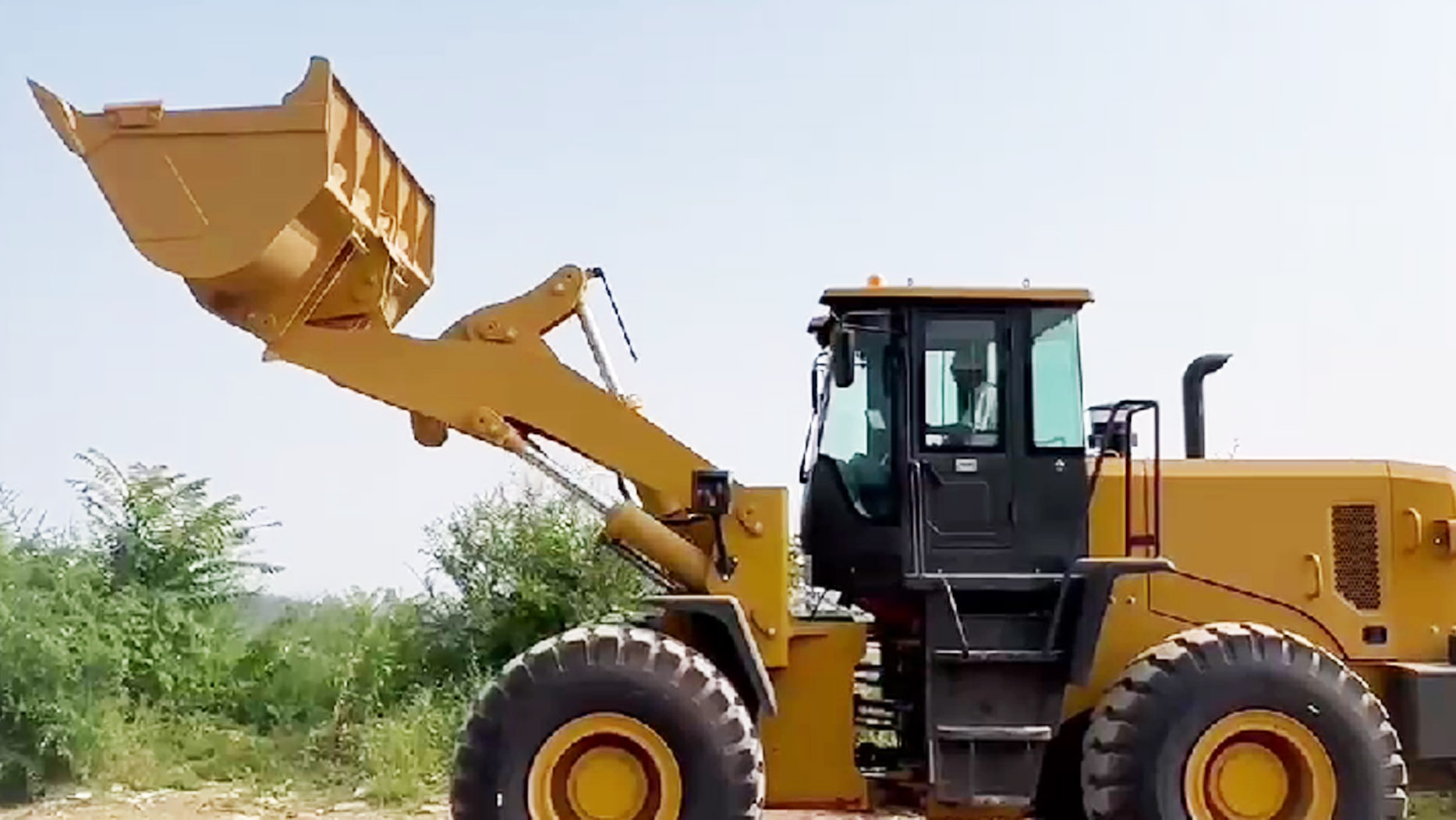I. Introduction
In today’s job market, skilled trades offer a compelling alternative to traditional college degrees. Two careers often compared are truck driving and welding—both essential to the economy, both physically demanding, and both offering the potential for strong incomes. A common belief is that truck drivers can earn more than welders, but how true is this? This article dives deep into the salaries, working conditions, and growth opportunities of both professions to give you a clear and balanced view.
II. Overview of Truck Driving Careers
Truck driving is a broad field that includes long-haul (OTR - Over the Road), regional, and local drivers. Some drivers transport hazardous materials (requiring special endorsements), oversized loads, or refrigerated goods.
To become a truck driver, most people must obtain a Commercial Driver’s License (CDL), and many undergo a few weeks to a few months of training.
Typical working conditions for truck drivers vary: long-haul drivers may spend weeks away from home, sleeping in their trucks, while local drivers often return home daily. Fatigue, isolation, and navigating through bad weather are common challenges.
In terms of income, truck drivers earn widely varying salaries:
Local drivers: $40,000–$60,000 annually
Regional drivers: $50,000–$70,000
Specialized long-haul drivers: $80,000–$120,000+
III. Overview of Welding Careers
Welding is equally diverse, encompassing jobs from basic construction welding to complex underwater welding operations. Some welders specialize in pipelines, shipbuilding, or manufacturing.
Becoming a welder typically requires vocational training, apprenticeships, and industry certifications, like those offered by the American Welding Society (AWS). Specialized roles like underwater welding demand further certifications and training.
Welders face their own set of challenges: exposure to high heat, intense physical demands, working in confined spaces or dangerous environments, and a strong emphasis on precision.
Income for welders also ranges significantly:
Entry-level welders: $35,000–$45,000 annually
Experienced welders: $50,000–$70,000
Specialized welders (e.g., offshore, nuclear certified): $80,000–$150,000+
IV. Factors That Affect Earnings
Several factors heavily influence how much either a truck driver or a welder can make:
Experience: As with most trades, experience matters. A veteran truck driver or welder can earn significantly more than someone new to the field.
Specializations: Truckers handling hazardous materials or oversize loads, and welders working offshore or on pipelines, often command premium wages.
Location: Salaries are much higher in certain states or regions. For instance, truckers and welders working in Texas oil fields or Alaska can earn much more than national averages.
Industry: LOADER drivers in specialized logistics and welders in the energy sector tend to make more money than those in basic freight or small fabrication shops.
V. Direct Salary Comparisons
When looking strictly at averages, the numbers are close:
According to the U.S. Bureau of Labor Statistics (BLS), in 2024:
Heavy and tractor-trailer truck drivers had a median pay of about $51,000 per year.
Welders had a median pay of around $48,000 per year.
At the high end, though, specialized welders (like underwater welders) can greatly out-earn even experienced truck drivers. Conversely, truck drivers with niche skills (like ice road trucking) can earn six-figure salaries seasonally.
Entry-level comparison:
Truck driver (CDL, first year): ~$45,000
Welder (basic certifications, first year): ~$40,000
Experienced comparison:
Truck driver (5+ years, specialized freight): ~$80,000–$100,000
Welder (5+ years, specialized fields): ~$80,000–$150,000
Thus, while truck drivers may start slightly ahead, top-level welders can eventually surpass them—depending on the specialization.
VI. Beyond Salaries: Other Important Factors
It’s critical to consider non-salary factors when choosing a career:
Work-life balance: Truck drivers, especially OTR drivers, often spend weeks away from home. Welders generally have more predictable schedules but can also face extensive travel depending on the project.
Job stability: Both fields are stable, but welding may see more cyclical hiring patterns tied to the construction and energy sectors.
Physical demands and health: Truckers deal with sedentary lifestyles and back issues. Welders face exposure to heat, burns, and injuries.
Advancement opportunities: Experienced truckers can move into training, dispatching, or owning their trucks (becoming owner-operators). Welders can advance into inspection, supervision, or starting their own businesses.
VII. Special Cases Where One Out-Earns the Other
There are extreme examples where one profession clearly out-earns the other:
Truck Drivers:
Ice road truckers can earn $100,000–$120,000+ for a few months of work.
Owner-operators (especially with specialized freight) can gross over $200,000 annually but have high expenses.
Welders:
Offshore and underwater welders regularly make $100,000–$200,000 per year, but face life-threatening conditions.
Pipeline welders on major projects can earn high six-figure incomes during boom periods.
VIII. Real-World Examples and Testimonials
John (Truck Driver): "After three years on the road, I started hauling oversized loads. I made over $110,000 last year, but I’m rarely home more than one week a month. It’s a trade-off."
Sarah (Welder): "I started welding right after high school. After five years and specializing in pipeline welding, I now make $130,000 per year. It took a lot of training and certifications, but it’s worth it."
These real-world cases show that both careers offer opportunities to make excellent money—with trade-offs in terms of training, risk, and lifestyle.
IX. Conclusion
So, is it true that truck drivers make more money than welders?
The answer: sometimes, but not always.
Entry-level truck drivers often earn slightly more than entry-level welders. Specialized truckers can reach high incomes. However, welders who invest in advanced skills and certifications can ultimately out-earn most truck drivers.
Ultimately, choosing between the two careers should depend not just on initial pay but on your lifestyle goals, risk tolerance, willingness to travel, and commitment to ongoing training. Both professions can provide strong, rewarding, and financially stable career paths for those willing to work hard.
Post time:Apr.29.2025



